Assessment of neuroendocrine dysfunction following traumatic brain injury.
Por um escritor misterioso
Descrição
A screening protocol adapted for selected patients at risk for endocrine problems is described, and physicians should be aware of the importance of neuroendocrine dysfunction following TBI. Posttraumatic neuroendocrine pathology may be a clinically significant complication following traumatic brain injury TBI. Metabolic abnormalities are described after TBI in two cases. A 21 year old male injured in a motor vehicle accident admitted in a minimally responsive condition presented with fluctuating high sodium levels, undetectable serum testosterone, and depressed cortisol and thyroid function. Imaging revealed near complete avulsion of the pituitary stalk leading to panhypopituitarism. A 38 year old male admitted for occipital skull fractures and brain contusions presented with hypona tremia and low serum testosterone. Both patients required hormonal replacement and correction of electrolyte abnormalities. A screening protocol adapted for selected patients at risk for endocrine problems is described. While neuroendocrine screening is not advocated in all TBI patients, physicians should be aware of the importance of neuroendocrine dysfunction following TBI.
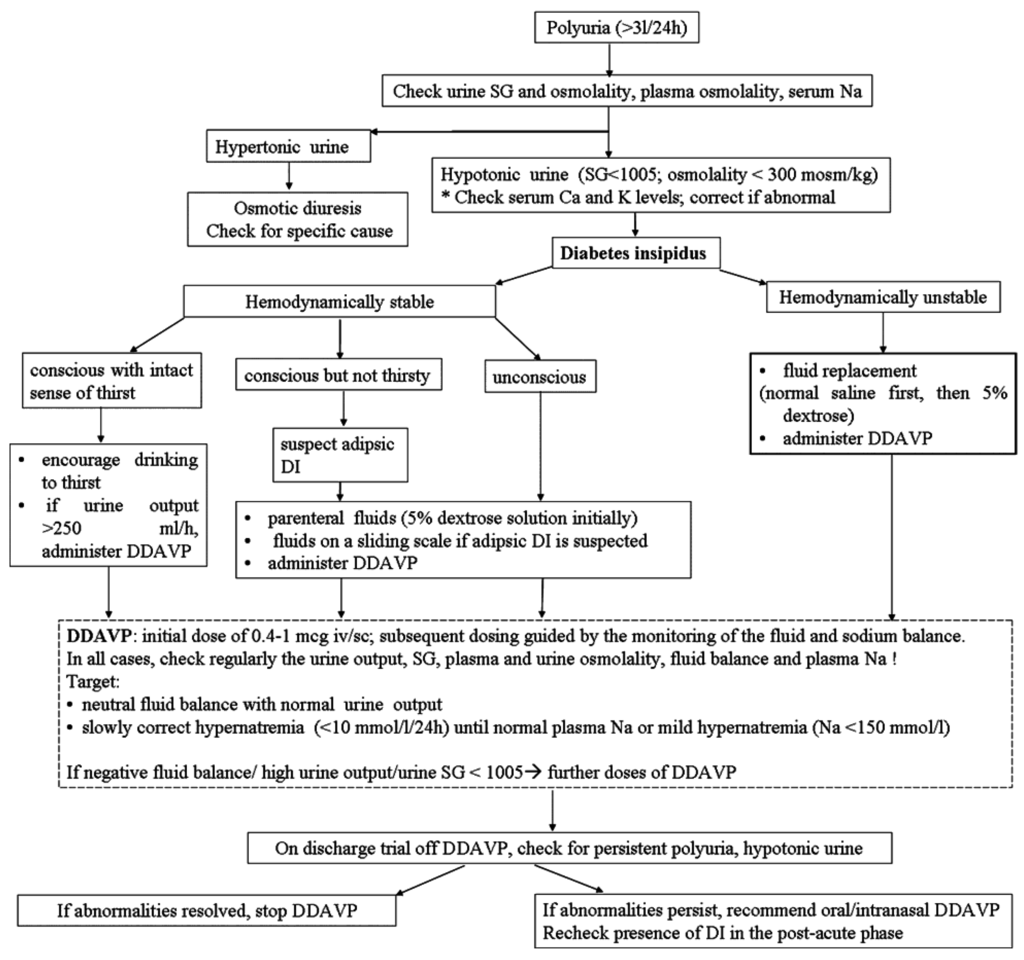
JCM, Free Full-Text
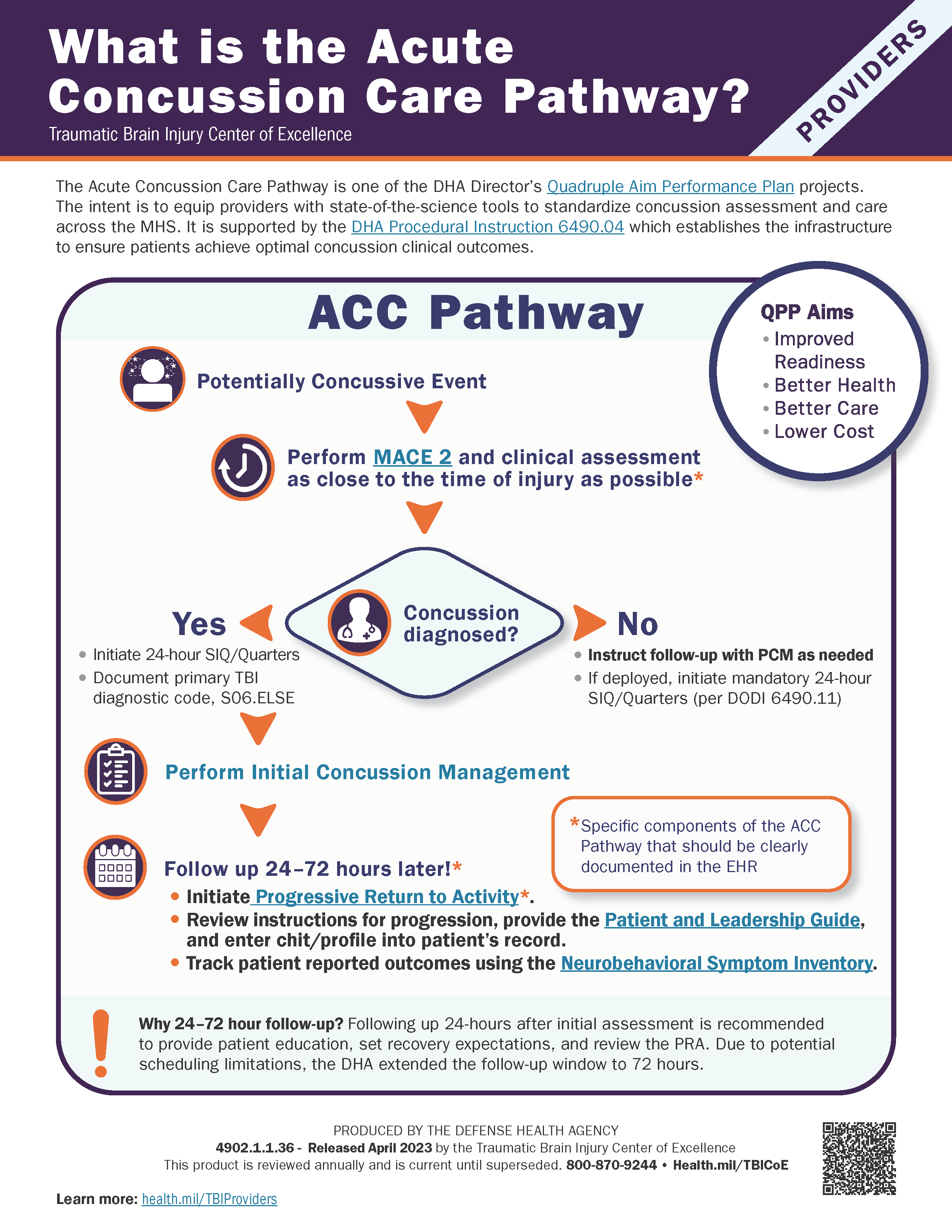
TBI Resources for Medical Providers

Manual of Traumatic Brain Injury, Third Edition

Effect of frailty on 6-month outcome after traumatic brain injury: a multicentre cohort study with external validation - The Lancet Neurology

Manual of Traumatic Brain Injury, Third Edition
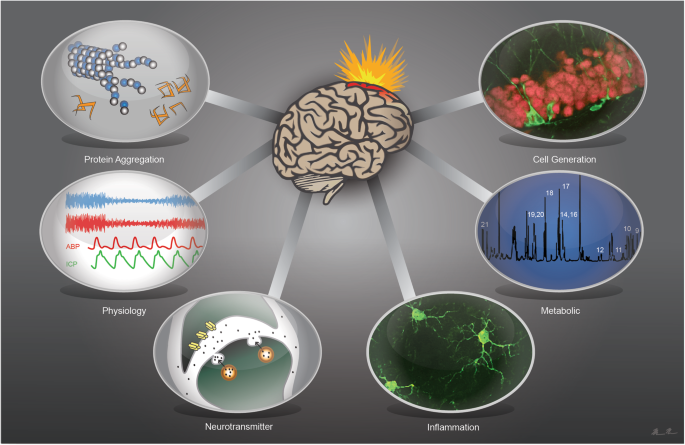
Neurotransmitter changes after traumatic brain injury: an update for new treatment strategies
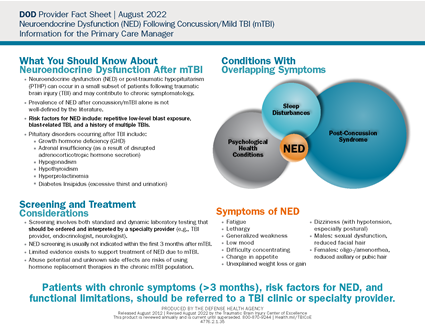
Neuroendocrine Dysfunction (NED) Following Concussion/Mild Traumatic Brain Injury (mTBI): Information for the Primary Care Manag
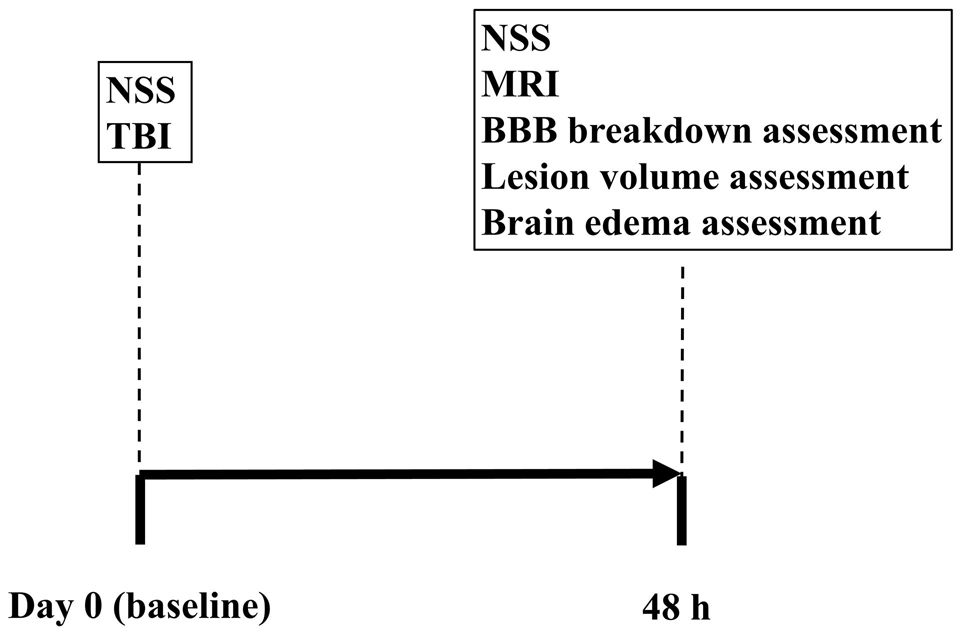
Frontiers A Novel Histological Technique to Assess Severity of Traumatic Brain Injury in Rodents: Comparisons to Neuroimaging and Neurological Outcomes
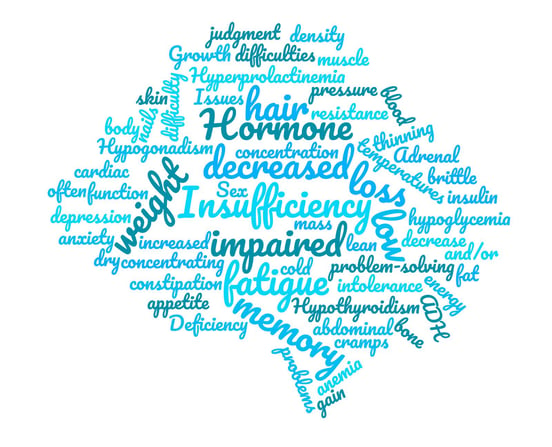
How a Brain Injury Can Cause Hormone Dysregulation
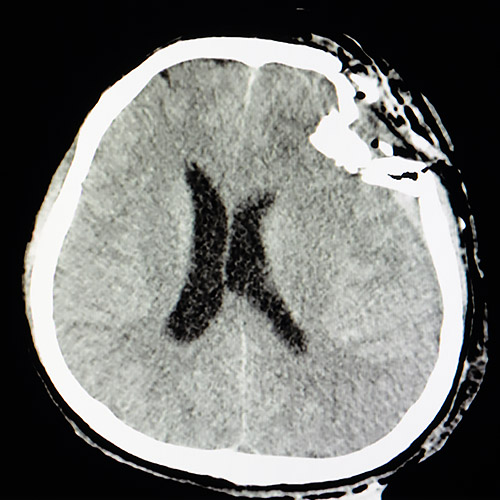
Neuroendocrine Testing and Therapy

Traumatic brain injuries induced pituitary dysfunction: a call for algorithms in: Endocrine Connections Volume 9 Issue 5 (2020)
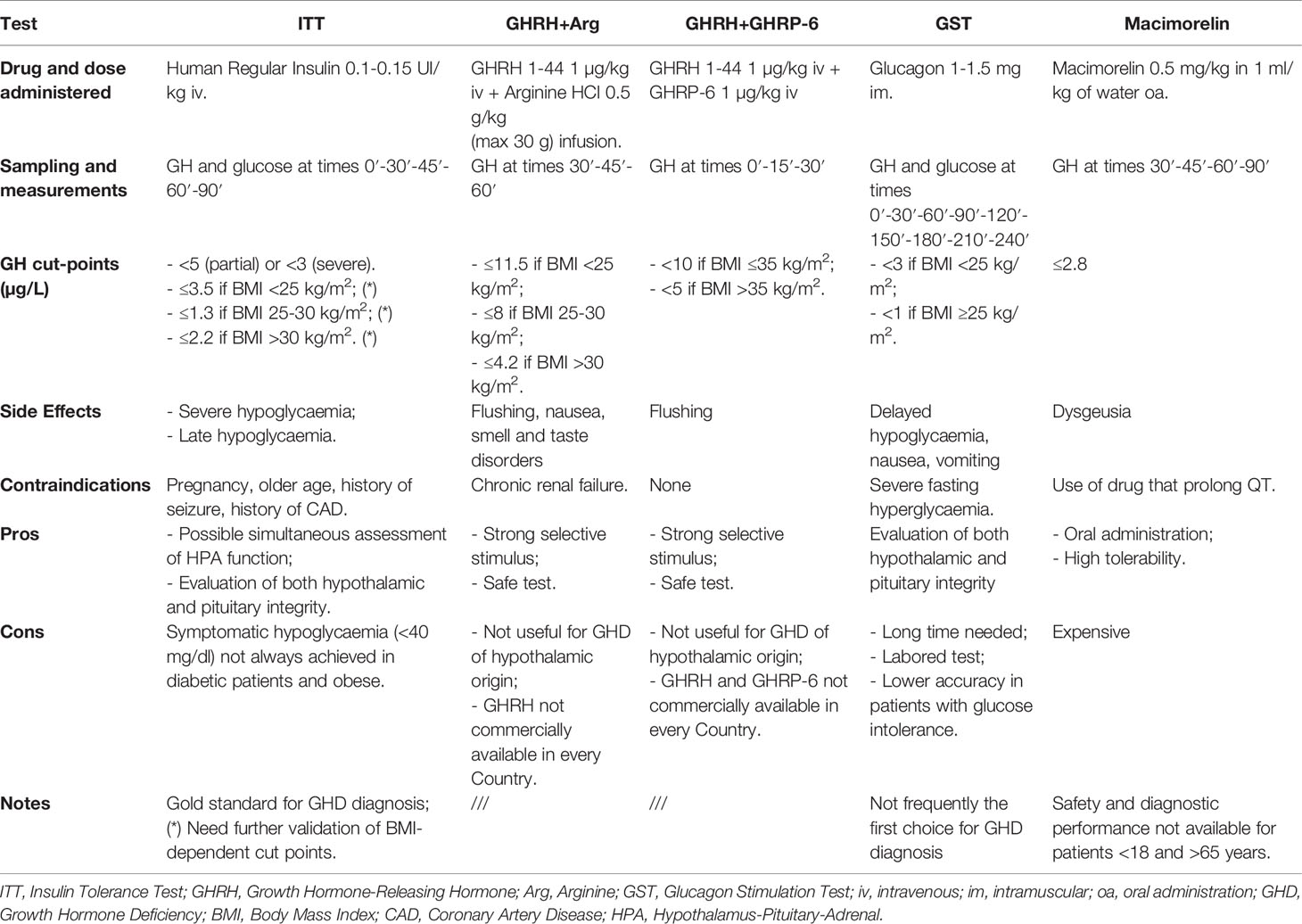
Frontiers Traumatic Brain Injury as Frequent Cause of Hypopituitarism and Growth Hormone Deficiency: Epidemiology, Diagnosis, and Treatment
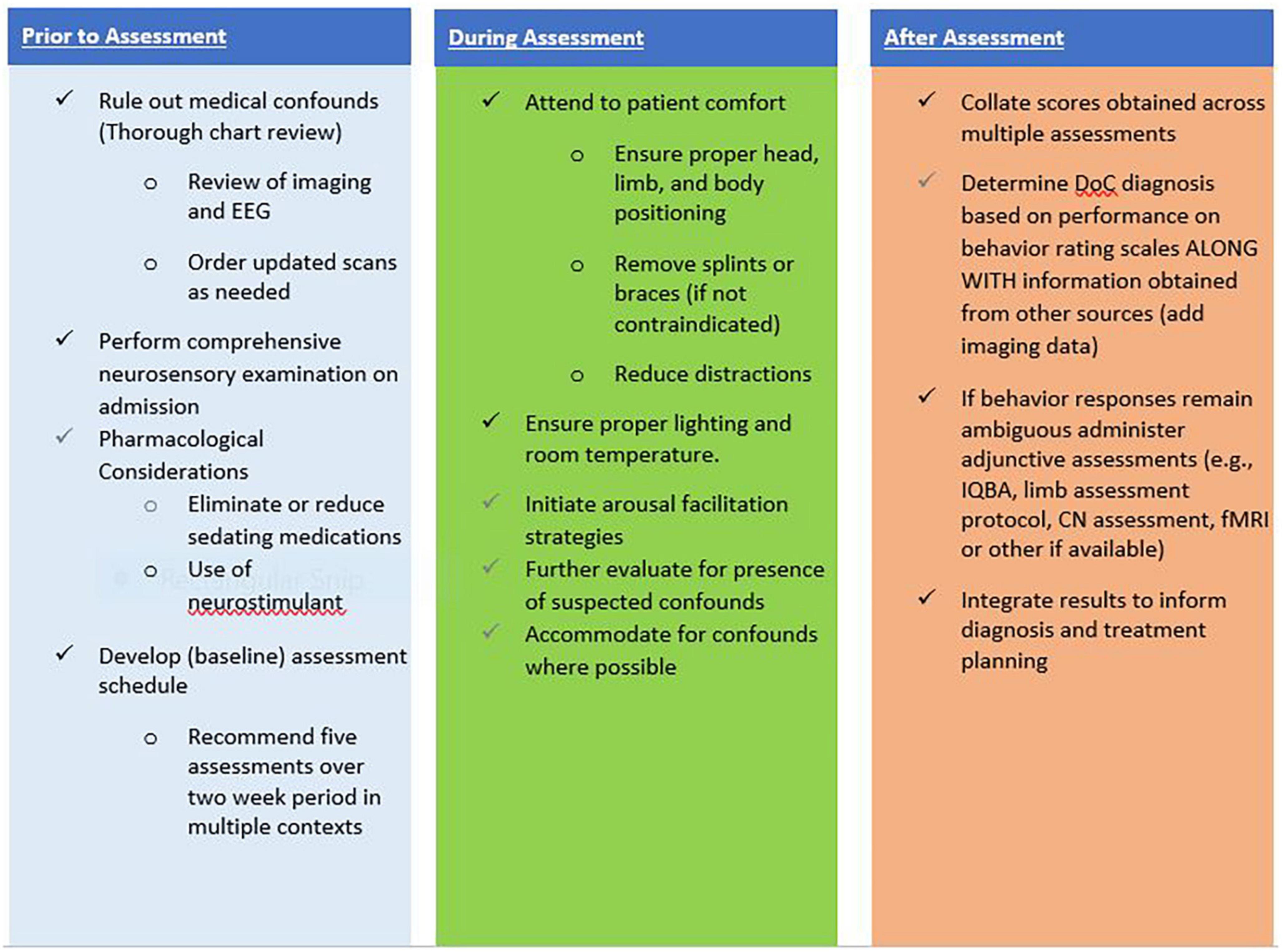
Frontiers Clinical application of recommendations for neurobehavioral assessment in disorders of consciousness: an interdisciplinary approach

Assessment of neuroendocrine dysfunction following traumatic brain injury.
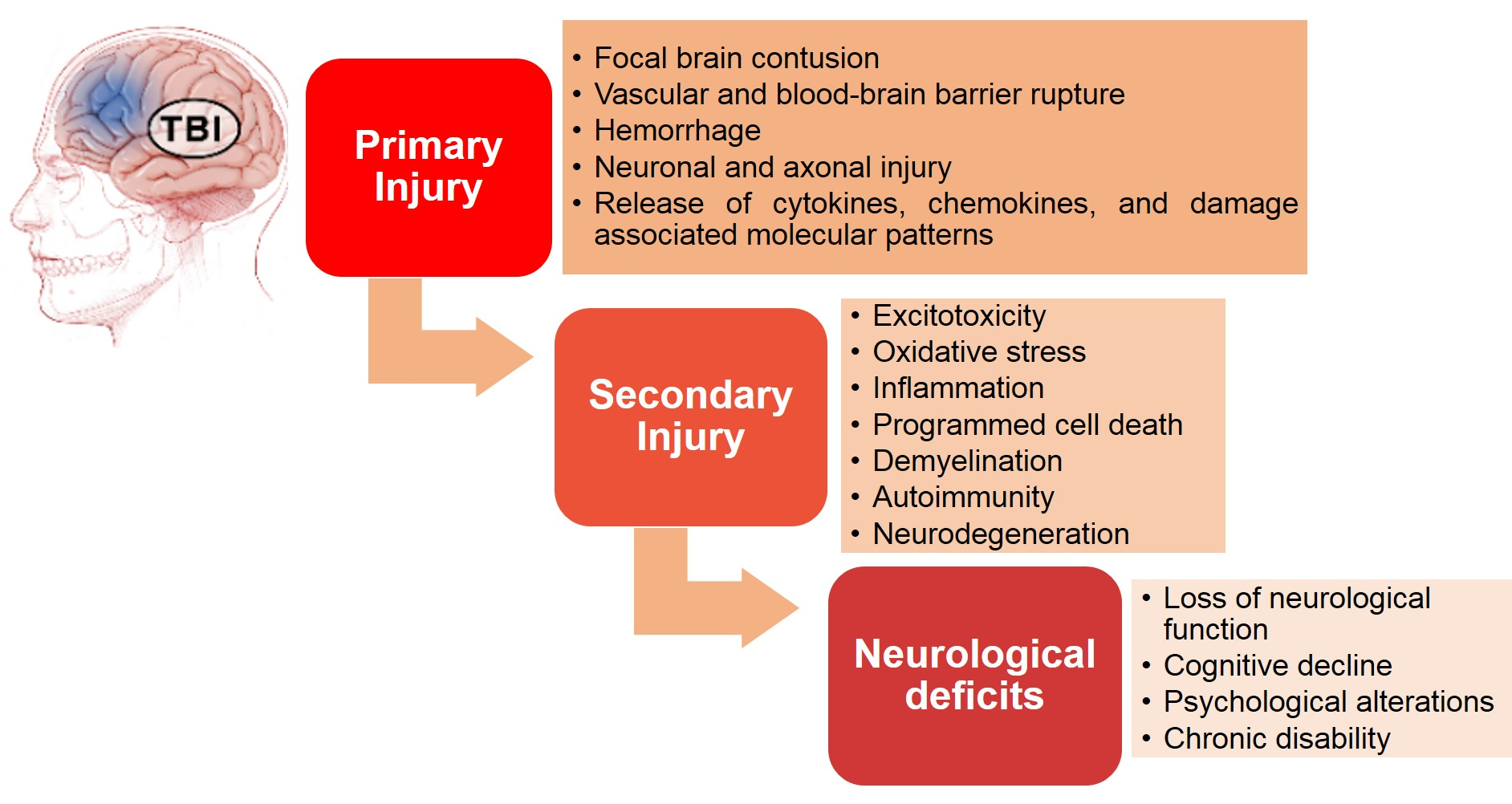
Biomedicines, Free Full-Text
de
por adulto (o preço varia de acordo com o tamanho do grupo)






